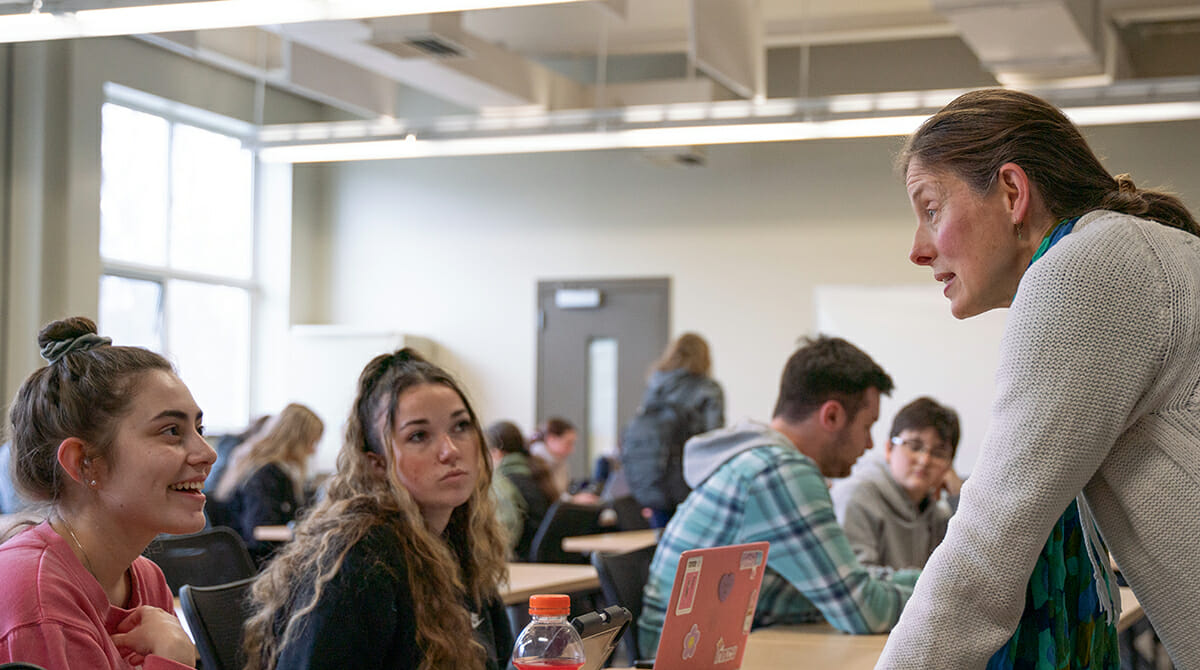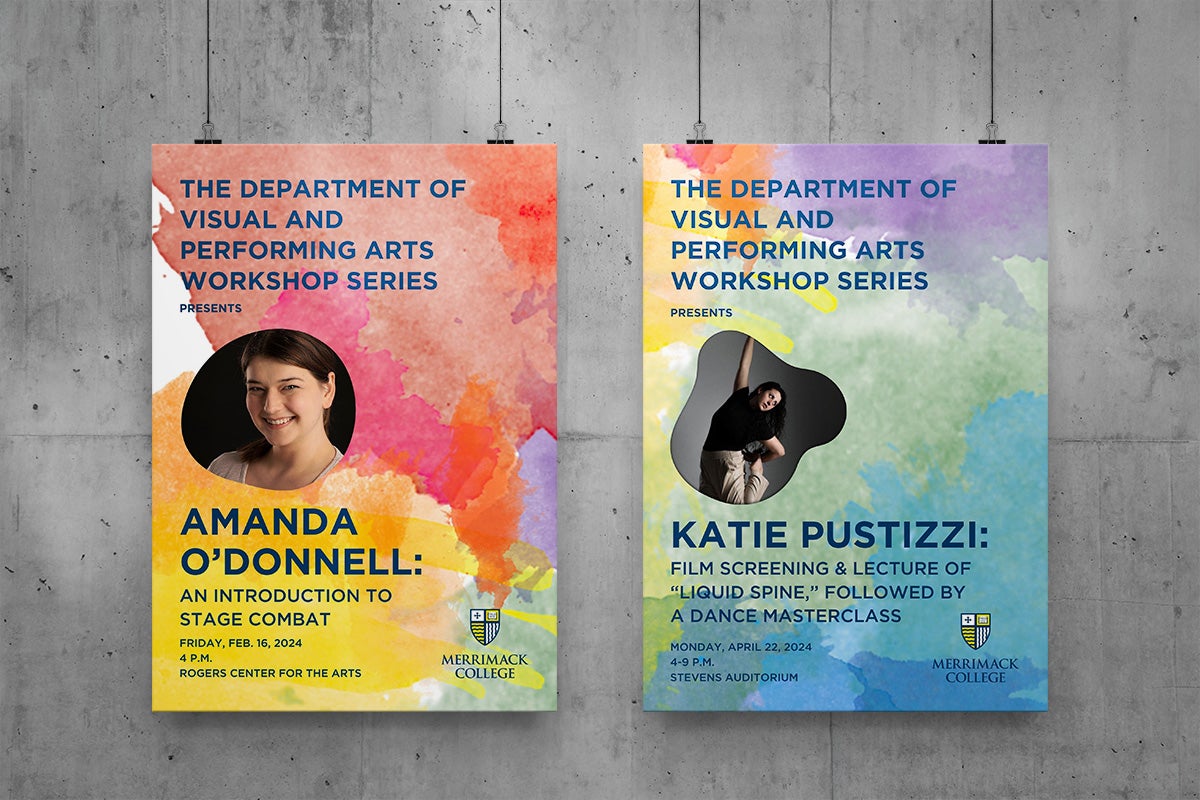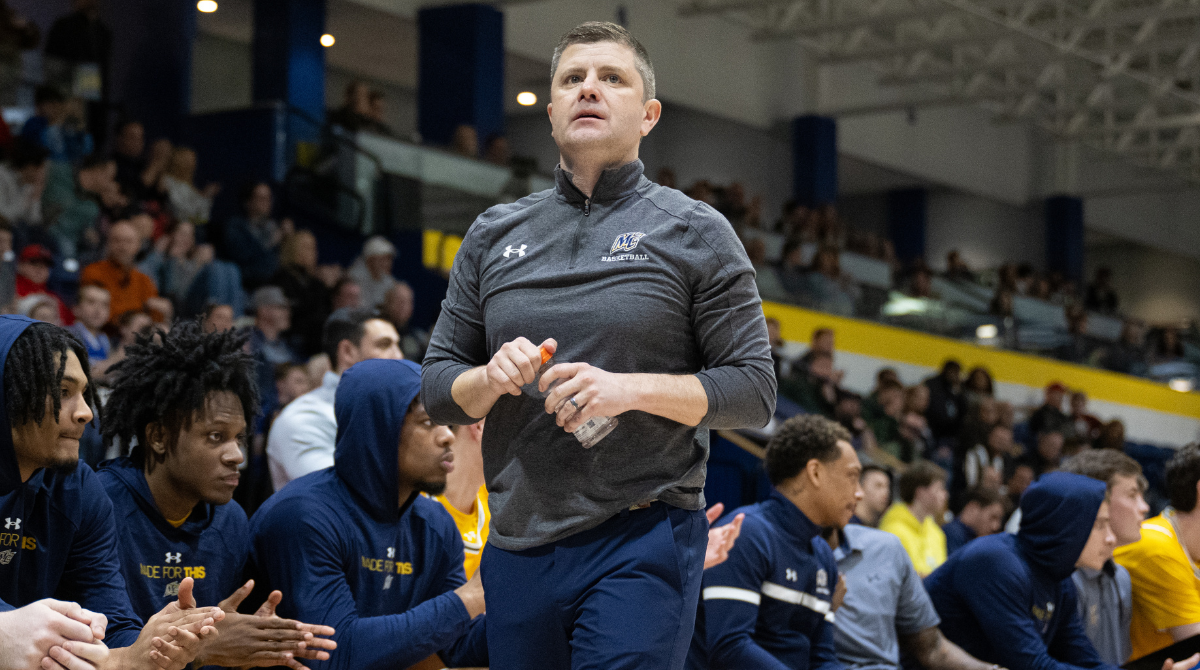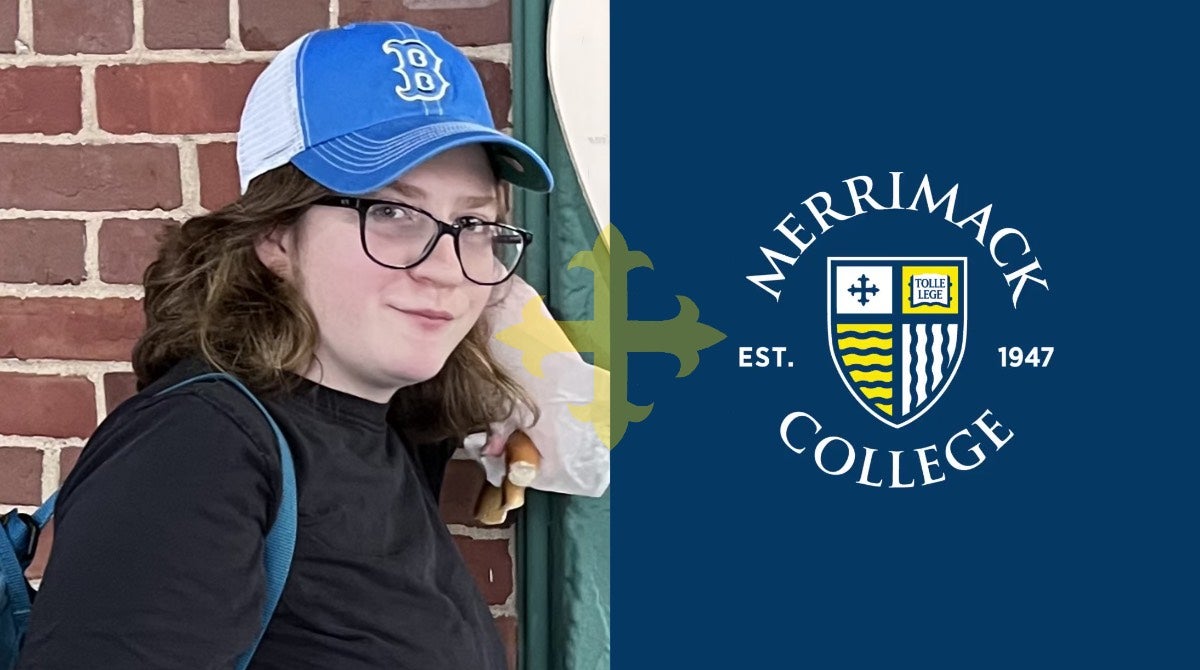For the past year, Merrimack College has participated in the College in 3 Project, a national project to conceptualize and pilot a three-year baccalaureate degree with the goal of reducing costs to students while improving student outcomes and experiences.
Led by Robert Zemsky of the University of Pennsylvania and Lori Carrell of the University of Minnesota-Rochester, College in 3 has recruited more than a dozen colleges across the United States. Each institution is exploring the concept of a three-year bachelor’s degree program and will design a curriculum based upon findings and recommendations.
By rethinking how students can learn the same skills and materials they would in a traditional four-year program in three-quarters of the time, project leaders hope to reduce barriers that limit student affordability, access and progression towards a degree.
Merrimack has formed a working group of faculty and senior administrators that has met regularly since the fall of 2021 to examine what a three-year degree could look like in terms of content, structure, cost and student experience at the College. Faculty members of the working group have already developed draft proposals for options in physics, psychology, public health and teacher education. These proposals were discussed extensively by the group and revised in response to feedback, including from colleagues in the Office of Admissions and with relevant faculty senate committees.
College in 3 encourages each participating institution to approach the project from its own unique perspective. Merrimack’s working group is focusing on developing a three-year program for what President Christopher E. Hopey, Ph.D. calls “new economy jobs,” such as business, finance, engineering and nursing.
“It’s not simply just less courses,” said Hopey. “‘Get rid of the core curriculum’—that’s just a simple way of thinking about it. It’s actually looking at it upside down: What exactly should the undergraduate experience look like? How do we create a model that generates social capital and professional experiences within the degree itself?”
This work aligns with the Agenda for the Future objective to find a way to make a degree at Merrimack more affordable while also creating new pathways for students from historically underrepresented groups.





